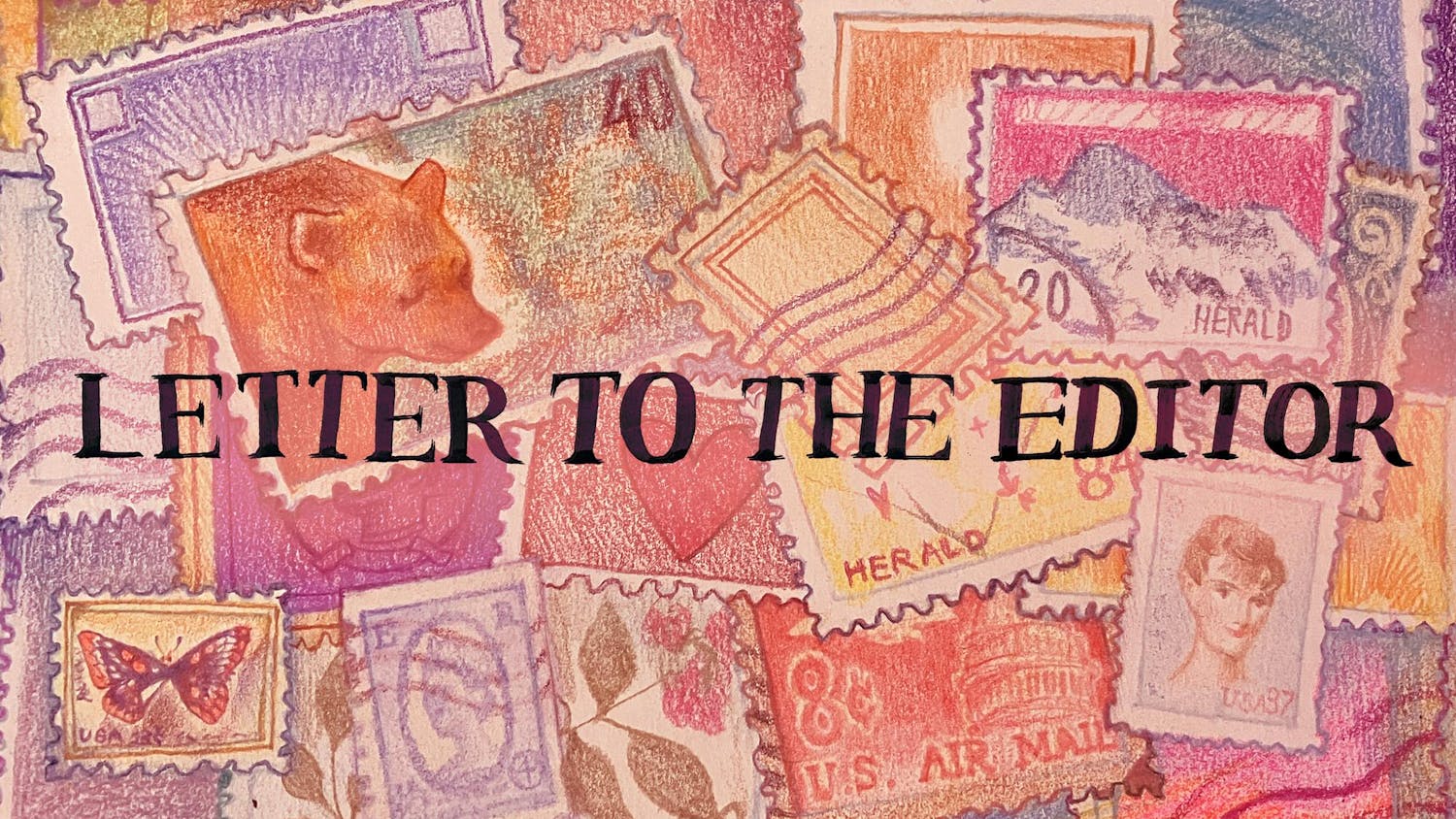I have been reading with disgust and profound embarrassment the reports about the date-rape drug case at Phi Kappa Psi.
While the controversy addresses many of the hot-button topics of the day involving privilege and the treatment of women, the discourse refuses to confront the most important issues of all: the question of why, in 2015, the University (and universities around the nation) tolerates the archaic and misogynistic fraternity system to persist.
Supporters of these organizations claim that they promote some type of camaraderie among young male college students. These supporters are generally alums who themselves were members of these organizations who formed close friendships — in many cases lifelong friendships — as a result of their membership. But their support for these organizations ignores the fact that they are breeding grounds for excessive drinking and the mistreatment of women. It may be offensive to them — and to powerful interests on the Corporation and in the administration — to say this aloud, but it was obvious when I attended Brown in the late 1970s and is just as obvious today. Denial will not change the reality that by allowing the fraternity culture to persist, the University is not only placing its female students at risk but is also contradicting the values of sexual equality and female empowerment that it seeks to promote. It is the height of hypocrisy to purport to teach these values in the classroom while hosting on campus the types of behavior that fraternities host on a weekly basis.
It is time for Chancellor Thomas Tisch ’76 P’18 and Vice Chancellor Jerome Vascellaro ’74 P’07, who lead the Corporation, as well as the rest of the Corporation and President Christina Paxson P’19, to stand up and lead the nation’s universities by banning fraternities from the Brown campus. Brown has been a leader on so many issues — it is now time for Brown to stand up and serve as a leader to protect the idea that it is unacceptable to behave in ways that no parent of a Brown student would tolerate in his or her home.
It is 2015. It is time for the University to evolve socially as it has evolved in so many things.
Michael Lewitt ’79


